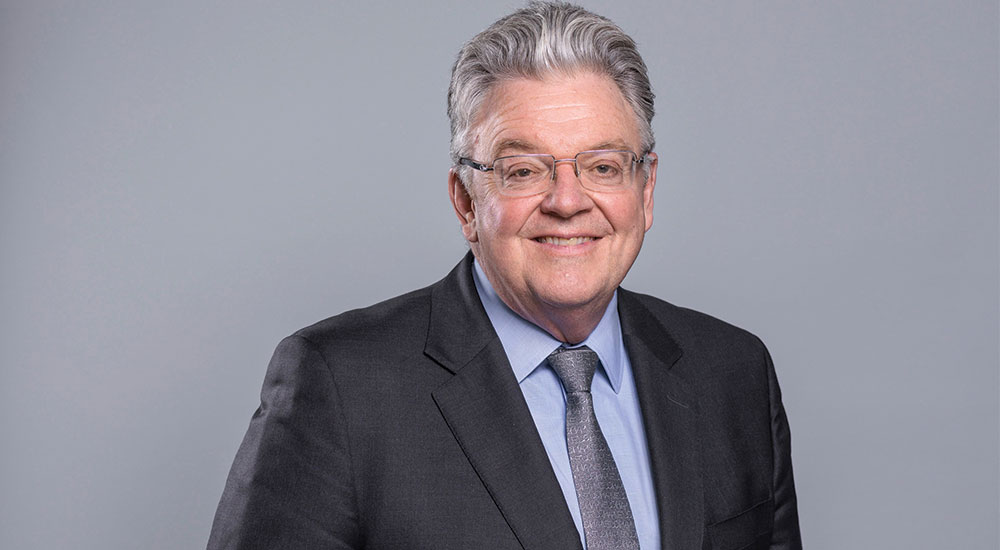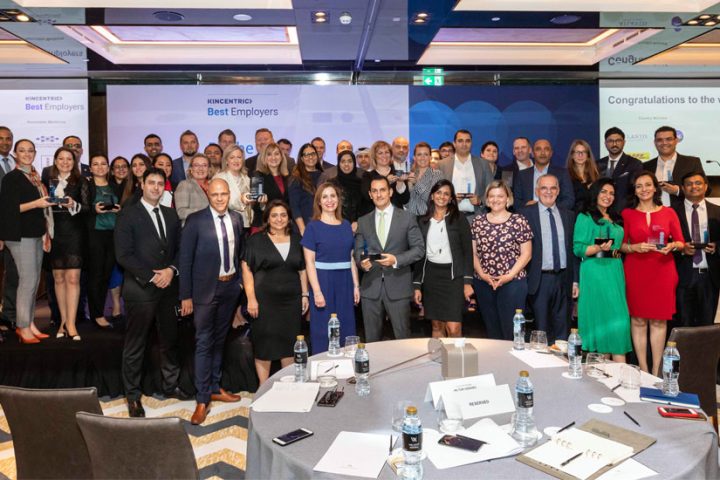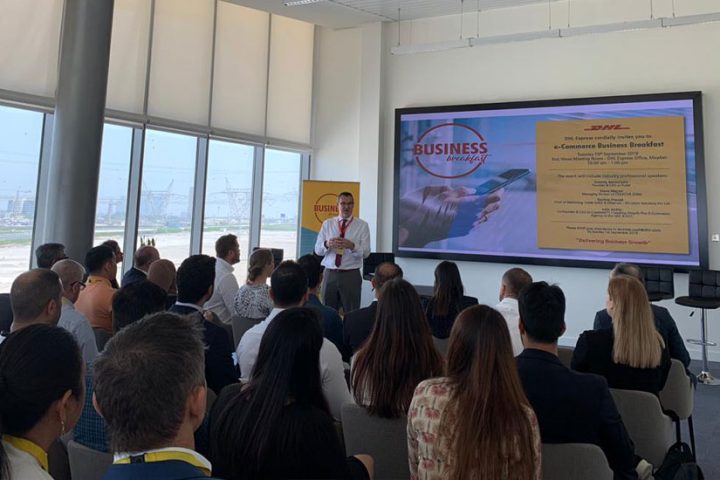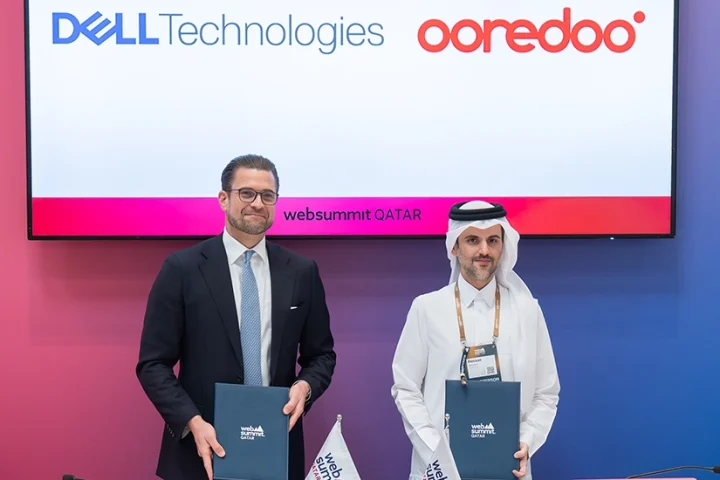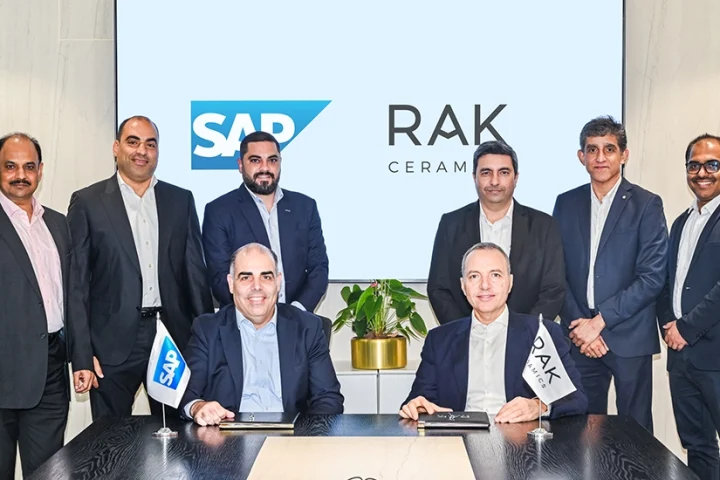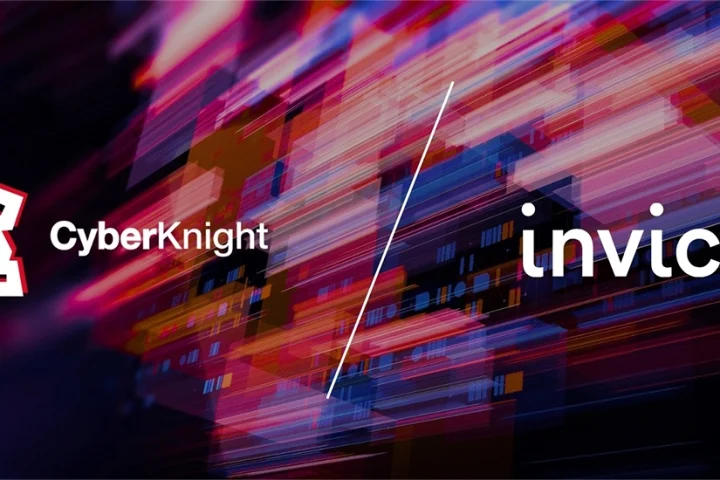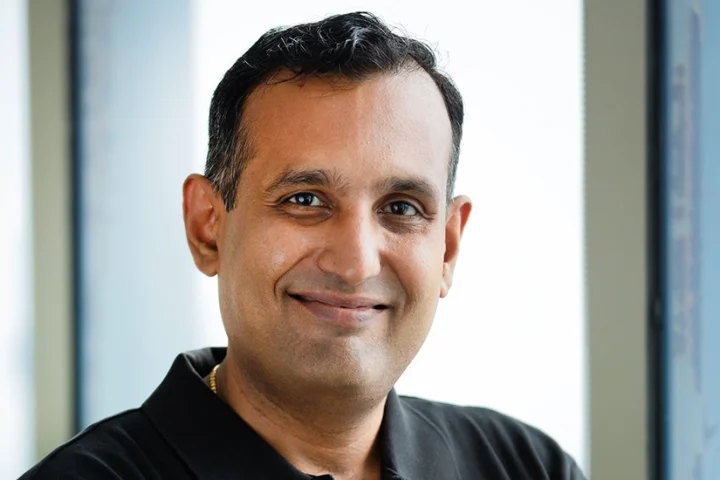In a compelling address during DHL’s exclusive media tour at its Dubai South hub, John Pearson, CEO of DHL Express, highlighted the company’s unwavering commitment to global trade, sustainability, and the strategic importance of the Middle East—particularly the UAE—as a vital logistics and innovation hub.
Opening with a playful nod to DHL’s vast global presence, Pearson remarked, “They say two-thirds of the planet is covered by ocean. The other third is covered by DHL Express.” While lighthearted, the comment underscored a serious truth: DHL’s infrastructure touches nearly every corner of the globe, enabling trade routes far beyond the usual London-New York axis. “Global trade isn’t just about major city pairs—it’s Papua New Guinea to Chile, El Salvador to Muscat,” he said. “And we’ve been doing this since 1977 right here in the UAE.”
Pearson recounted DHL’s humble beginnings—tracing back to the delivery of a bill of exchange from San Francisco to Hawaii—and how, within seven years, the company had spanned the globe, connecting Pacific Islands, Australia, and the UK. “That’s the legacy of DHL: enabling global trade through a truly global network.”
The UAE: From Regional Outpost to Global Trade Epicenter
Reflecting on his own stint in the UAE from 1997 to 2000, Pearson noted the extraordinary growth in the region since then. DHL’s major investments—such as its hub at Dubai World Central and a $30 million facility in Muscat—demonstrate the company’s long-term confidence in the Middle East.
“Dubai has become a top-five contributor to new trade volume globally over the past five years, and it’s projected to remain there,” Pearson said, citing statistics from the Global Connectedness Index and the Global Trade Atlas.
According to WTO and IMF forecasts, global trade growth has moderated to around 2% in the midterm, potentially dipping to zero in 2025 before rebounding. In contrast, the Middle East is projected to maintain a strong 5.1%–5.2% growth rate, thanks to favorable conditions: safety, robust infrastructure, and efficient customs systems.
Strategy 2030: Accelerated Sustainable Growth
DHL’s “Accelerated Sustainable Growth 2030” strategy forms the backbone of its long-term vision. The plan is built on four core divisions—Express, Global Forwarding and Freight, Supply Chain, and Post & Parcel—with e-commerce as a vital cross-cutting enabler.
Pearson also emphasized DHL’s strategic focus on four megatrends: digitalization, climate change, e-commerce, and workforce transformation. Notably, the company has added a fourth bottom line to its traditional metrics—Green Logistics—signifying a commitment to environmental sustainability.
“Just three years ago, hardly anyone at DHL had heard of Sustainable Aviation Fuel (SAF). In 2024, we purchased 15% of the world’s available SAF feedstock—more than almost any other company,” Pearson stated proudly. DHL is also pushing forward with electric vehicles, hydrogen trucks, and solar-powered facilities, with a goal of reaching 60% sustainable operations by 2030.
New Growth Frontiers and GT20
Organic growth remains critical, but Pearson outlined five key emerging growth vectors: New Energy, Life Sciences and Healthcare, E-commerce, Digital Sales, and Geographic Tailwinds—the latter being his own area of sponsorship.
He introduced the concept of GT20 markets—emerging economies identified in partnership with NYU Stern School of Business, the IMF, WTO, and BCG—as new engines of global trade. Countries such as India, UAE, Philippines, Malaysia, and Indonesia were spotlighted for their robust FDI inflows, logistics-friendly policies, and strategic positioning.
“India has an 8% GDP forecast and a national logistics policy that makes ports, roads, and airports easier to work with.”
Countries in Southeast Asia, meanwhile, are seeing the benefits of the “China Plus One” strategy, as global businesses diversify their manufacturing bases.
Trade Will Always Find a Way
Pearson concluded with a powerful metaphor: “Trade is like water—it finds a way.” Despite past disruptions—from the Icelandic ash cloud to Brexit and COVID-19—global trade continues to adapt and grow.
“While some nations may retreat, others advance. The MENA region is embracing trade like never before. DHL is proud to be at the heart of it—connecting people, improving lives, and building the trade networks of the future.”


